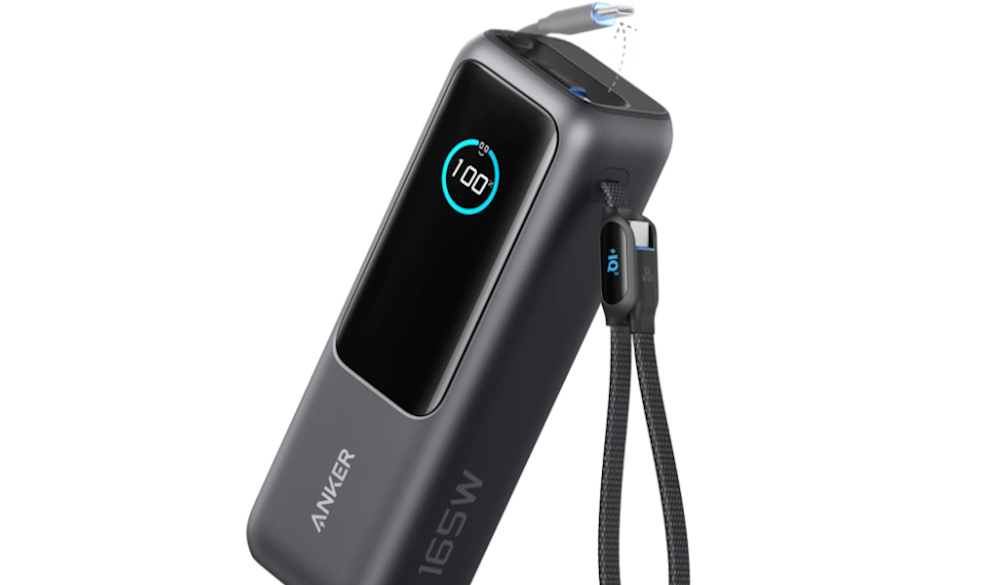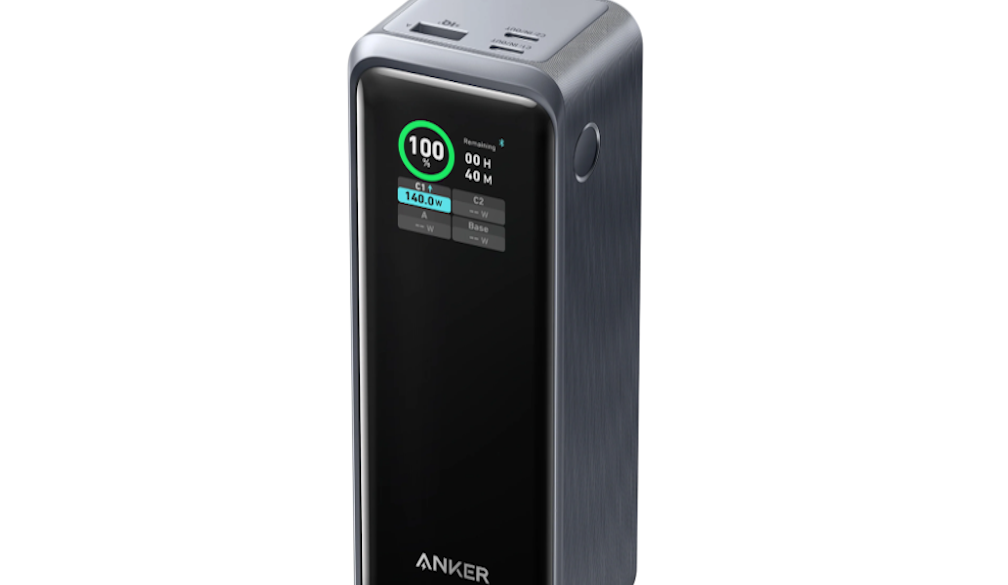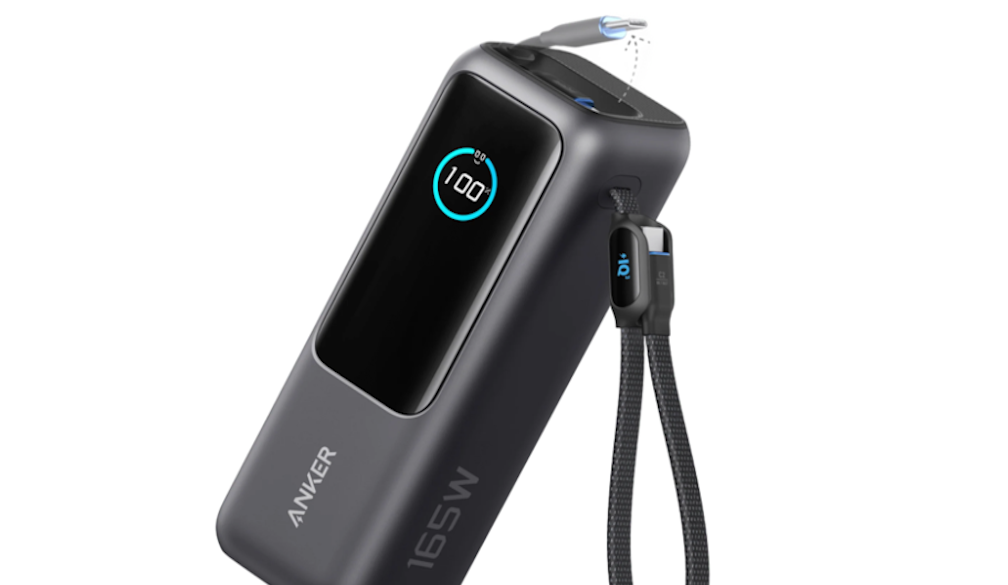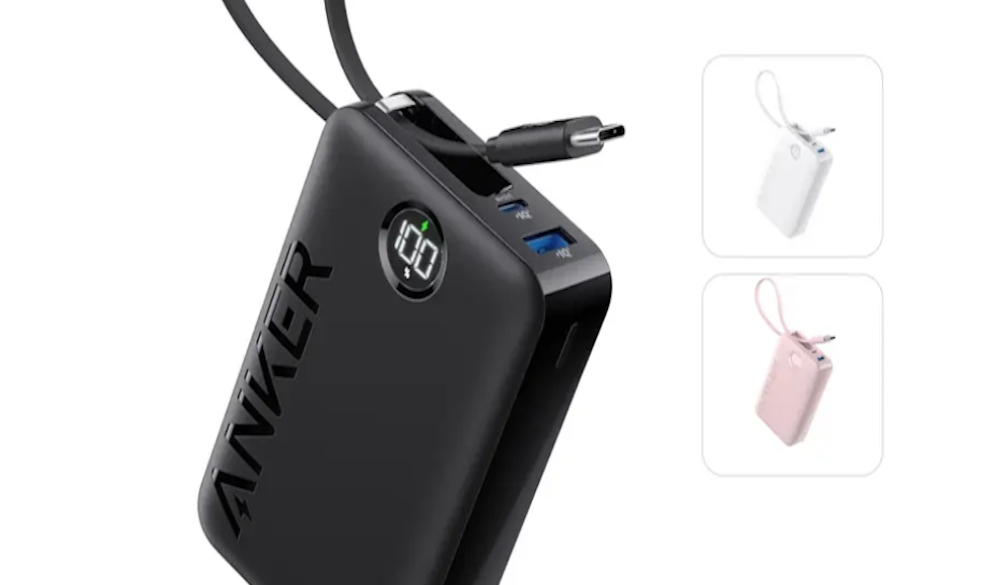The government wants to keep cash alive for buying essentials. Here’s why it’s such a challenge for businesses
- Written by Steve Worthington, Adjunct Professor, Swinburne University of Technology

Cash usage has fallen off a cliff in Australia, but the federal government says it must have a future. So, it’s going to mandate one.
The Australian government will require businesses to accept cash for essentials such as groceries and fuel. Some (yet to be determined) small businesses will be exempt.
According to Treasury, losing cash as a means of payment would leave too many people behind:
Around 1.5 million Australians use cash to make more than 80% of their in‑person payments. Cash also provides an easily accessible back‑up to digital payments in times of natural disaster or digital outage.
In its announcement on Monday, Treasury pointed to what had already been achieved with similar schemes in other countries such as Spain and Norway, and a range of US states.
It’s an honourable cause. There are, however, some aspects of life in Australia that will present unique challenges for achieving it.
Read more: Surcharges are added to most purchases, but what are the rules behind these extra fees?
Why does using cash cost so much?
Some merchants in Australia already refuse to accept cash as a means of payment. That means relying entirely on digital payment methods such as bank cards and mobile wallets.
It mightn’t be immediately obvious why some businesses don’t like cash. But for many, it’s the most costly payment method to accept. While cash transactions don’t come with a surcharge fee like bank cards, they do carry a wide range of other hidden costs.
Businesses typically need to keep a “float” of cash in their tills overnight, so that next day’s early customers can be given change if needed. This float needs to be regularly updated and rebalanced with appropriate currency so the correct change can always be given.
Businesses also have to make sure no cash goes missing during their opening hours, count their cash take at the end of each day, make sure it is secure on their premises, and make periodic physical deposits into their bank account.
Both maintaining a float and making deposits can involve unpredictable trips to a bank branch or post office throughout the week.
Things are getting harder
For individuals and businesses, getting cash into and out of a bank account is becoming more of a challenge. And if you’re in regional or remote Australia, the nearest location where you can do so may be an hours-long drive away.
The most recent figures from the Australian Prudential Regulation Authority (APRA) show that across Australia since 2017, the number of ATMs has fallen by about 60% and the number of bank branches by 41%.
Many remaining bank branches have reduced their hours, and some have even stopped dealing in cash entirely, especially in rural and regional areas.
Moving cash around the country isn’t getting any easier or cheaper.
The dominant provider of cash-in-transit services, Armaguard, has been under sustained financial pressure in recent years.
Earlier this year, it secured a deal with Australia’s big four banks and some of its other major customers to receive a $50 million bailout.
Read more: Future of cash secured for now as banks and retailers bail out Armaguard
Some countries facing similar situations – including the UK – have persuaded their banks to fund the idea of “banking hubs”.
Typically under this model, a location is identified in a regional community and banks collectively share the space, with each bank having one day a week in residence so that nobody is excluded from these services.
Could a regional branch levy help?
Also this month, Treasury proposed a new regional services levy, to support what should be the minimum level of banking services in regional areas.
Banks with a relatively large regional presence would be cross subsidised by a proportional levy on banks with relatively fewer services in these areas or none at all.
This funding would help banks sustain the number of branches, their opening hours and their ATMs. Under the proposal, banks that fell short of baseline requirements could purchase credits from others that did.
The reasoning behind these measures is that like Australia Post, banks should have a formal community service obligation. That is, a baseline of minimum services that must be provided.
Questions still to answer
In its media release, Treasury only gave a big picture view of what they wanted to achieve. There are still many questions that need to be resolved before any of its plans can become legislation.
Some concern where and how to target support. If regionally focused, how should regional be defined? Which areas and towns prioritised?
How should the banks and other financial services providers be required to help support cash use?
Exactly which businesses will be affected – and which exempt – must also be clearly defined, along with any enforcement measures.
And there is likely to be robust debate over what exactly constitutes the “essentials” for which merchants will be mandated to accept cash payment.
Authors: Steve Worthington, Adjunct Professor, Swinburne University of Technology



















